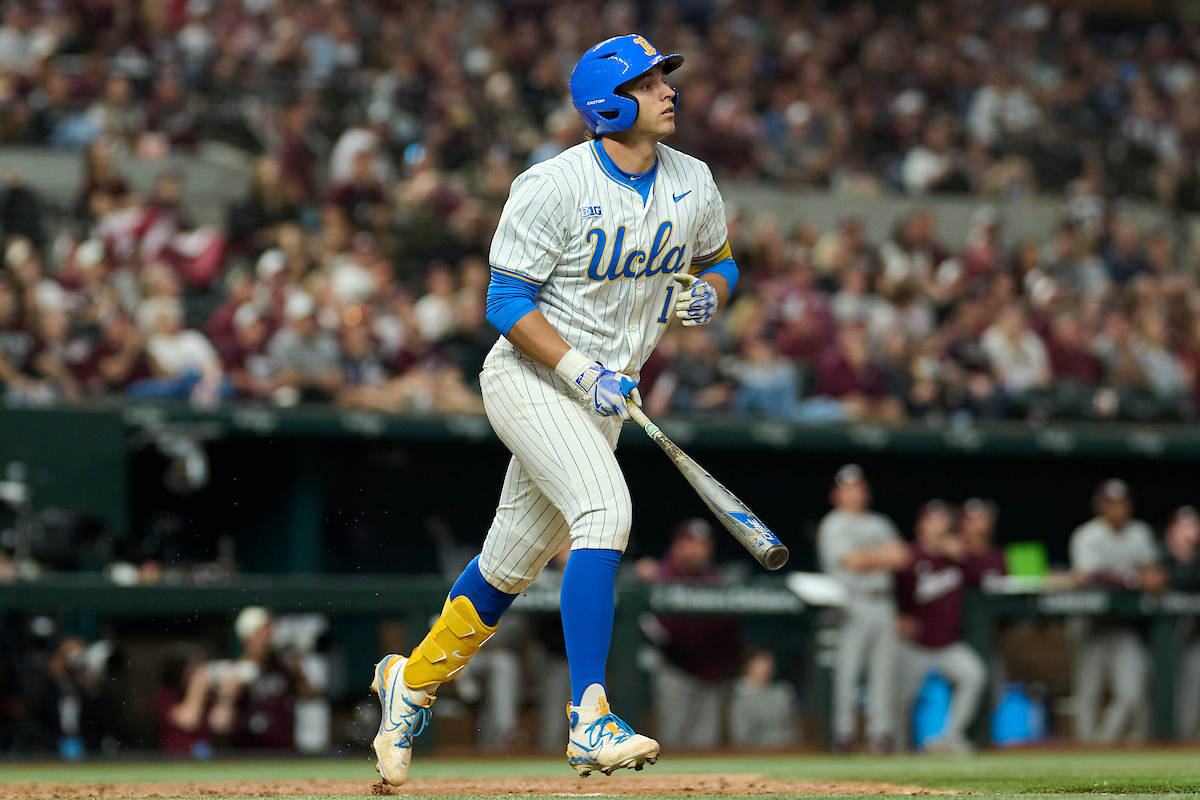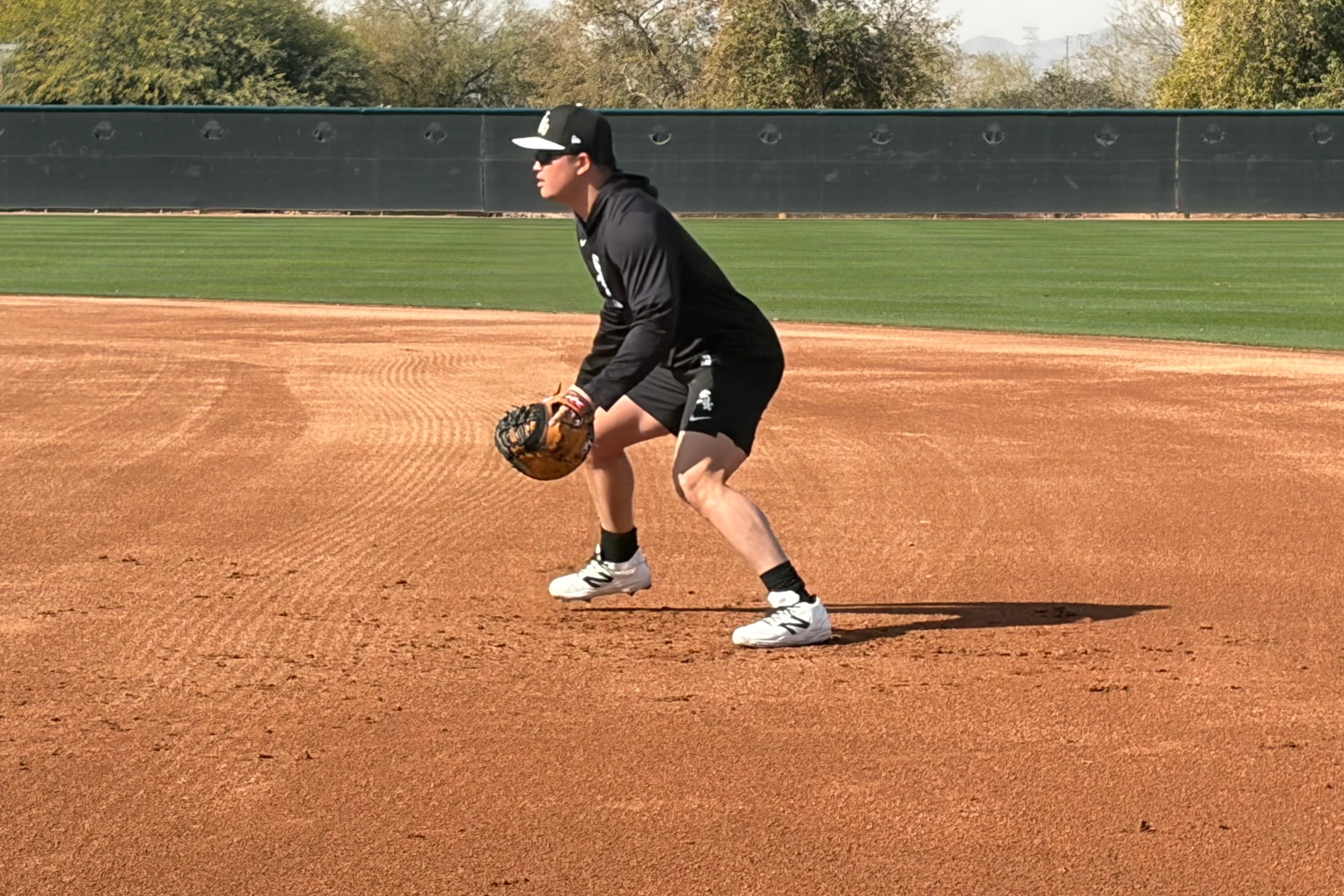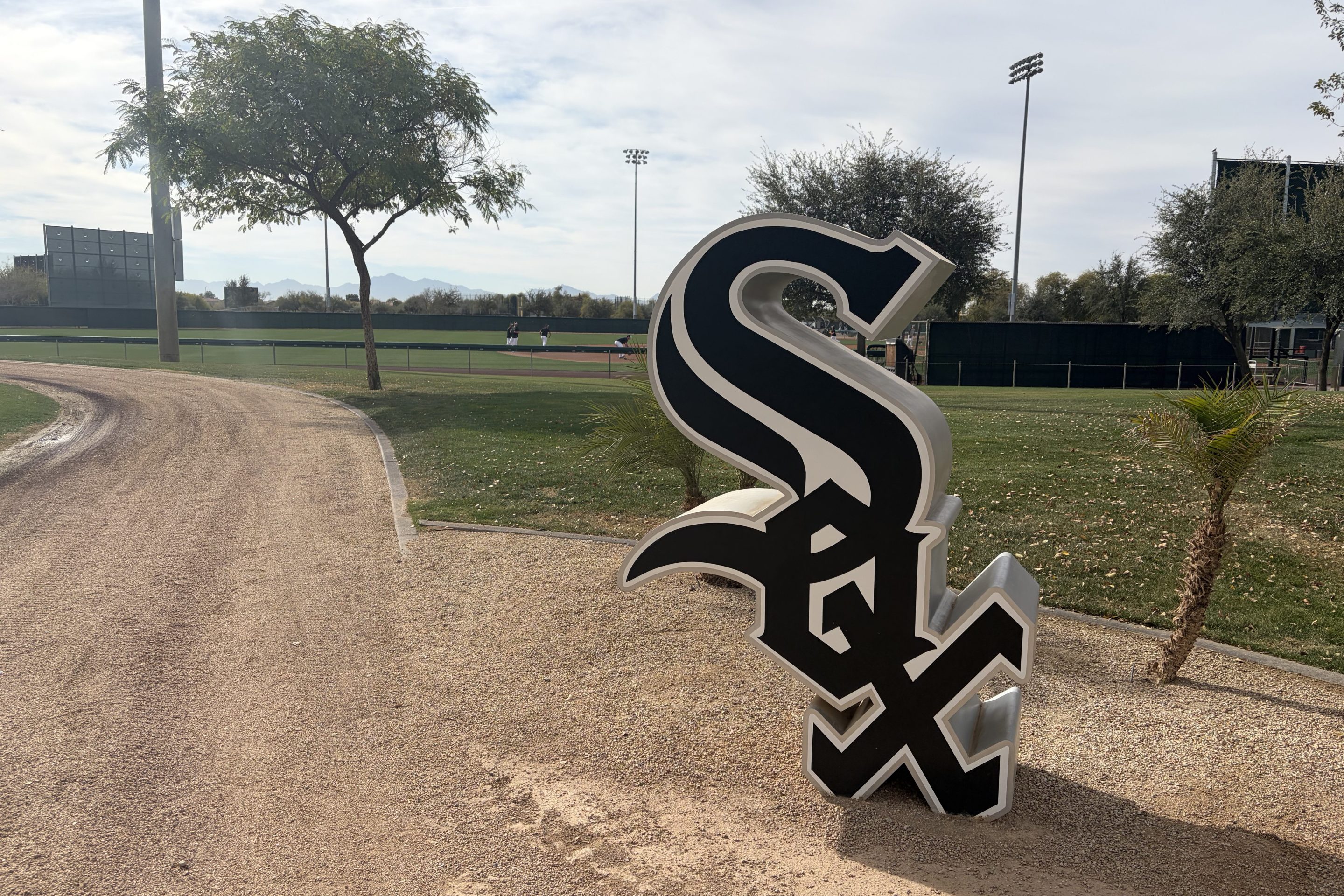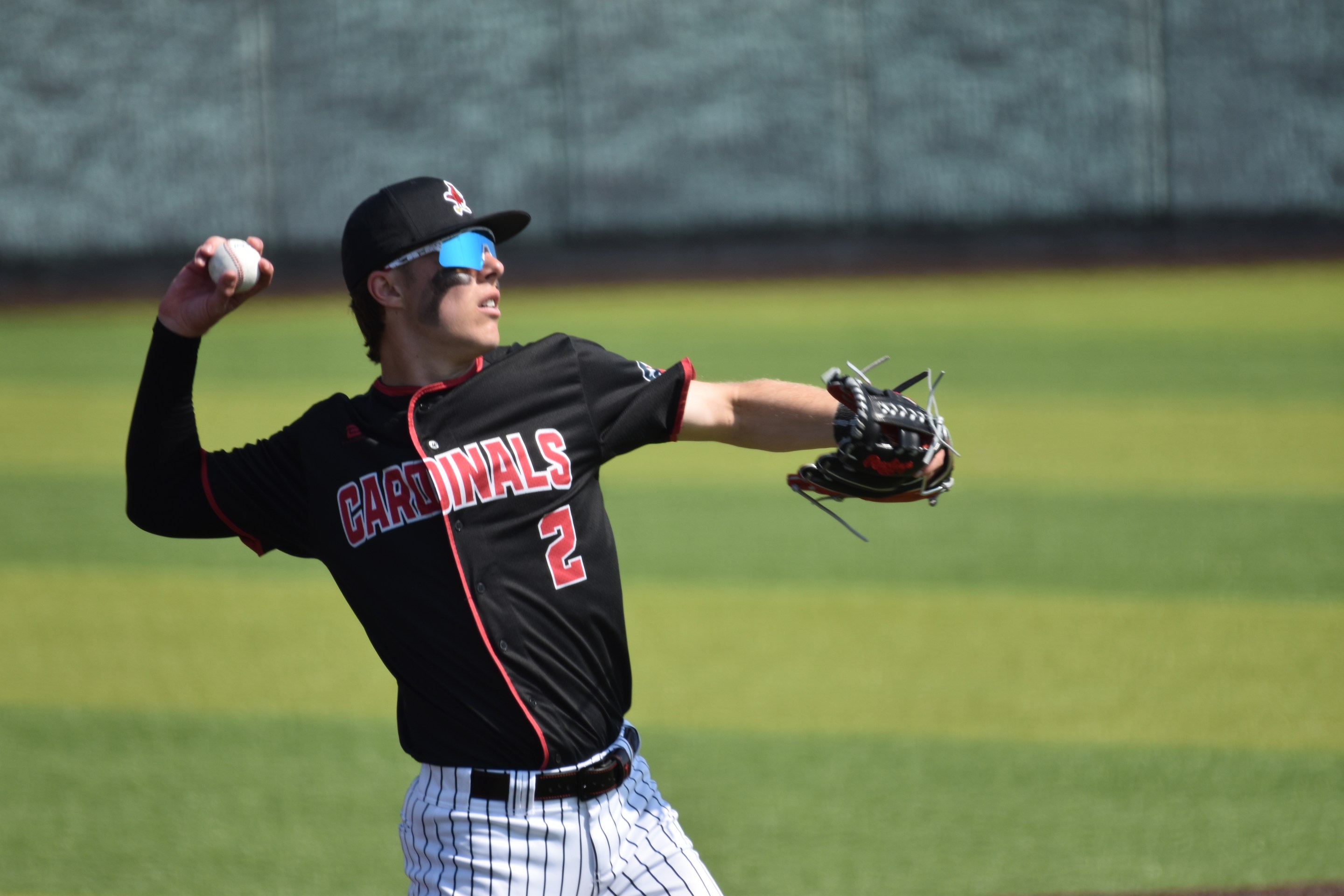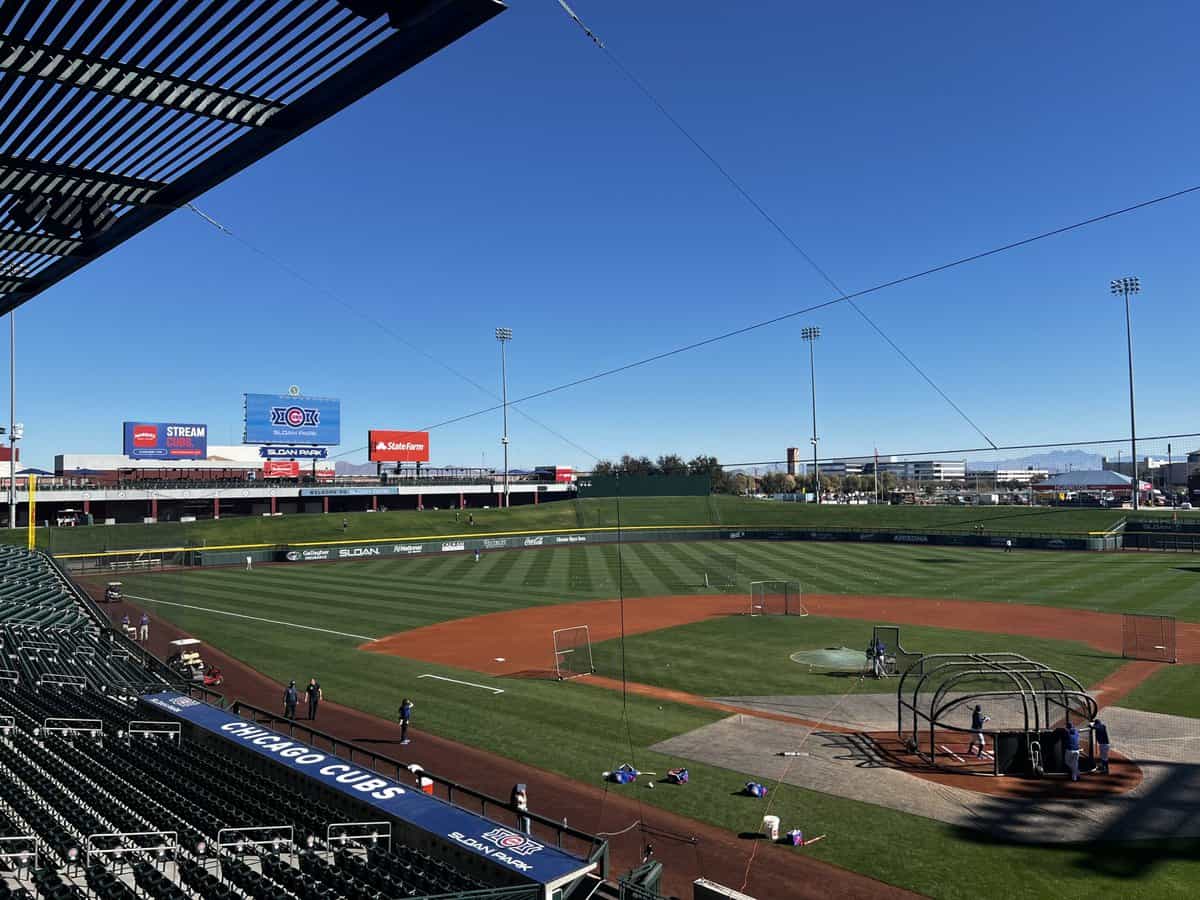The White Sox will only be mildly inconvenienced by the St. Louis Cardinals' plans to restart their season.
They won't be nearly as inconvenienced as the Cardinals themselves, or three of their NL Central counterparts. The 41 members of the Cardinals' traveling party will be heading up I-55 in 41 rental cars in order to add one more day of isolation after four days without a new, unexpected positive COVID-19 test.
Today's game has been postponed until Saturday, setting up a straight doubleheader starting at 1:10 p.m. Consecutive off days have the White Sox pretty well equipped for a short-notice doubleheader, especially if the Sox call up a 29th player more suitable for pitching multiple innings (Dane Dunning told FutureSox he's ready to go). Assuming conditions allow them to play three games in two days, I imagine the White Sox will be happy to be clear of the Cardinals ...
... who will then head to the North Side to play five games against the Cubs in three days. You may remember that the White Sox's rare appearance on Sunday Night Baseball was facilitated by the Cubs-Cardinals series getting postponed in St. Louis.
The White Sox hold a 19-5 edge in games played this season, so one would think that they'd have an advantage in conditioning, game speed, etc. Then again, the Marlins have the same winning percentage before their COVID-19 outbreak (2-1) and after (6-3), so who knows.
* * * * * * * * *
Speaking of rental cars, we've talked about the Indians sending Zach Plesac home from Chicago to Cleveland by automobile when he broke protocol by going out on the town Saturday. It wasn't a smart move, but he apologized for it, and Mike Clevinger topped him by 1) going out with Plesac, and 2) flying home with the Indians instead of fessing up.
Plesac might've been irresponsible and selfish, but everybody dabbles in that behavior from time to time, and this happened to be under unprecedented conditions with the scrutiny to match, which made an example of him. That's an uncomfortable position, but it would've been a temporary discomfort assuming Plesac accepted the terms of his sentence. His transgressions would have been forgotten, especially since Clevinger turned out to be the real villain.
Instead, Plesac decided to defend his honor as a responsible human being by railing against the media in a self-shot cell phone video he recorded while driving. And if he was wearing a seatbelt, he wasn't wearing it properly.
"The media" is always a boogeyman for any public figure in the wrong, but it's all the hollower considering 1) Plesac's uncle is one of the most prominent figures on MLB Network, and 2) the most damning assessments are coming from inside the house.
* * * * * * * * *
These 2020-specific uncertainties are why I haven't sensed a great possibility for the White Sox to make any transformative moves at the Aug. 31 trade deadline. A lot of teams are already short on players due to injuries and opt-outs, and the two COVID-19 outbreaks have stressed the importance of retaining all possible depth. Healthy-ish teams that feel a comfort with their protocol may not be all that inclined to add new personnel for the sake of adding, especially in a season where more than half the teams make the postseason, if a postseason can even be played.
Ken Rosenthal delved into other ways this trade deadline will be different, and most elements quash hope for increased activity.
*Shorter team control: A team that would normally acquire a rental for two months now only gets one month, and a few days that could be taken away by testing depending on where the player is coming from.
*Money is scarcer: Even if you're skeptical of the pandemic's lasting damage to baseball's bottom line, it's fair to say that no team is particularly flush with cash right now, especially if the team is girding itself against fanless or fan-reduced baseball extending into 2021.
*Scouting is verboten: Scouts are prohibited from major-league parks and alternate training sites. That might not be a huge deal for trades at the MLB level, but if a team is considering dealing or acquiring a player who is hanging out at an alternate site, it'd be hard to have confidence in any recent information.
*Selling is harder: It's not just that more teams will make the postseason this year, but it's also harder to raise the white flag for a team whose players can then opt out on them.
If players move, Rosenthal sees trades relying on players to be named later and other such contingencies to protect teams from a lack of games on the other side of the trade. Also if players move, Rosenthal thinks Houston will be providing them.
If ever a team had reason to start over, it’s this one. Potential free agents such as Springer, Brantley and first baseman Yuli Gurriel might prefer to leave Houston rather than remain connected to a tainted franchise. So, why not offer to pay most of all of their remaining salaries in a trade and see what returns they might bring? Why not do the same with Greinke, who will be paid $32 million next season in the final year of his control, $10.33 million of that by the Diamondbacks?

